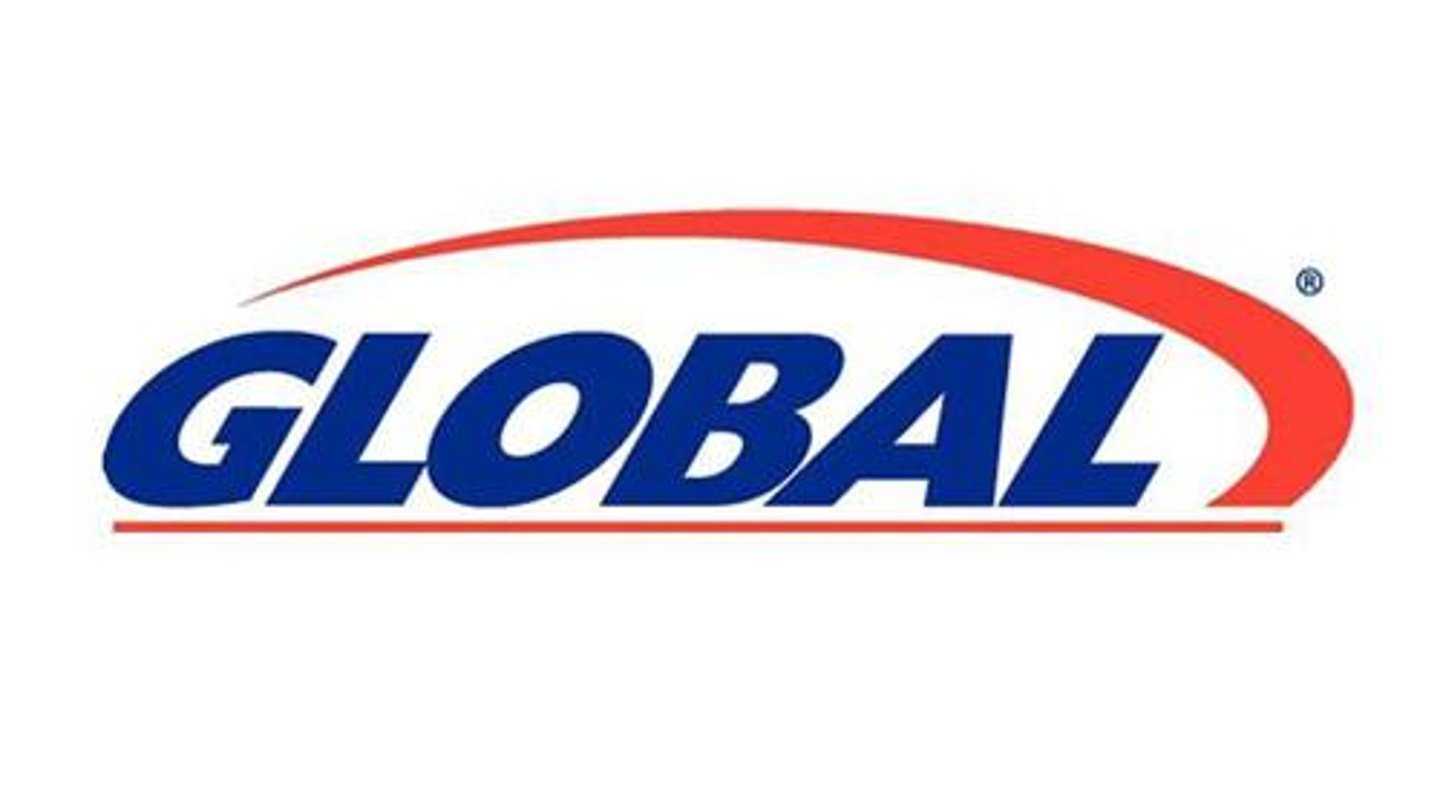Global Partners' Business Model Drives Solid Performance to Close Out 2021
WALTHAM, Mass. — Global Partners LP saw demand improve last year as the economy moved on from the challenges of the COVID-19 pandemic.
"Our Q4 results capped a successful 2021 in which we continued to navigate the pandemic and the related macroeconomic challenges that have affected virtually all industries during the past year," President and CEO Eric Slifka reported during the company's fourth-quarter and full-year 2021 earnings call, held on Feb. 28.
Global Partners' combined product margin for the full year came in at $802 million, on par with 2020, which Slifka described as "remarkable" considering the benefit to wholesale product margins experienced in the second quarter of 2020 as a result of the extreme shift in the forward product-pricing curve.
"Our performance this past year speaks to the strength of our vertically integrated assets, a high-value portfolio comprised of approximately 400 owned and 450 leased properties," he said. "These assets help us create long-term value for our unitholders and deliver exceptional performance for the consumers and businesses across the regions we serve."
Q4 & FY2021 Results
Global Partners' adjusted EBITDA for the fourth quarter of 2021 was $66 million, compared to $49.9 million for the same period in 2020. The $16.1-million increase was due largely to the partnership's gasoline distribution and stations operations (GDSO) segment, which experienced higher fuel volume and margin, as well as increased activity in its convenience stores, according to Gregory Hanson, chief financial officer.
For the full year, adjusted EBITDA was $244.3 million, compared to $287.7 million for the same period in 2020.
Net income for the fourth quarter was $19.3 million, vs. $4.4 million for the same period of 2020. For full-year 2021, net income attributable to the partnership was $60.8 million, vs. $102.2 million for full-year 2020.
Looking at the partnership's various segments, the GDSO segment product margin was $177 million in the fourth quarter, compared to $143.6 million in the fourth quarter of 2020, primarily reflecting higher fuel volume and margin and an increase in activity at the partnership’s convenience stores.
Wholesale segment product margin was $32.6 million for the last three months of 2021, compared to $39.7 million in the same timeframe of 2020, primarily reflecting less favorable market conditions in other oils and related products, partly offset by more favorable market conditions in gasoline and gasoline blendstocks, particularly ethanol.
Commercial segment product margin was $4.8 million in the fourth quarter, compared to $2.9 million a year ago, primarily due to an increase in volume sold and improved margins.
Total sales for the partnership were $4.1 billion in the fourth quarter of 2021, vs. $2.2 billion a year ago, primarily due to an increase in prices. Wholesale segment sales increased to $2.5 billion, up from $1.3 billion in the year-ago period. GDSO segment sales were $1.3 billion vs. $800 million in the fourth quarter of 2020. Commercial segment sales were $300 million, compared to $100 million in the year-ago period.
Transaction Highlights
During the earnings call, Slifka also highlighted recent transactions made by Global Partners as part of its ongoing growth strategy. They included:
- The acquisition of Consumers Petroleum of Connecticut, which closed in January. The transaction included 26 company-operated Wheels convenience stores and related fuel operations in Connecticut, and fuel-supply agreements at 22 sites in Connecticut and New York.
- The acquisition of Miller's Neighborhood Market, which closed in early February. The deal added 23 c-stores, including 21 company-operated sites, and fuel supply agreements with 34 locations to Global Partners' portfolio.
- An agreement to sell the Revere Terminal in Boston Harbor for $150 million in cash. As part of the agreement, inked in November, Global Partners will lease back key infrastructure from the buyer and continue operations at the terminal post-closing.
"Like Global, Consumers Petroleum and Miller's Neighborhood Market are family-founded businesses with a strong and loyal base of customers. And in each case, the acquisition enables us to leverage our scale, supply relationships and integrated business model to enhance returns and our guests' experience," Slifka said.
Looking Ahead
For 2022, the partnership will focus on investing in and optimizing its portfolio. This will entail acquiring assets that complement its skills and enable Global to generate mid-teen returns, according to the chief executive.
"The M&A market remains very active, and we continue to evaluate all opportunities that we consider appropriate to achieve our business objectives," he said.
Energy transition is also at the forefront of Global's plans. It is pursuing opportunities to use its terminal assets for renewable fuels, while encouraging policies that promote and monetize their adoption. Efforts include joining Carbon Freedom, a grassroots coalition of more than 100 members and nearly 1,000 advocates that promotes clean energy solutions.
In addition, the partnership added an electric innovation strategist to its sustainability team.
"The position demonstrates our commitment to planning for electric vehicle [EV] adoption and responsibly incorporating EV charging into our portfolio. We continue to look for public-private partnerships in the space and were recently awarded funds from the Commonwealth of Massachusetts to install fast-charging electric vehicle charging ports at nine of our owned or controlled retail locations," Slifka noted.
With approximately 1,700 locations primarily in the Northeast, Waltham-based Global Partners is one of the region’s largest independent owners, suppliers and operators of gasoline stations and convenience stores. Global also owns, controls or has access to one of the largest terminal networks in New England and New York, through which it distributes gasoline, distillates, residual oil and renewable fuels to wholesalers, retailers and commercial customers. In addition, Global engages in the transportation of petroleum products and renewable fuels by rail from the mid-continental United States and Canada.



